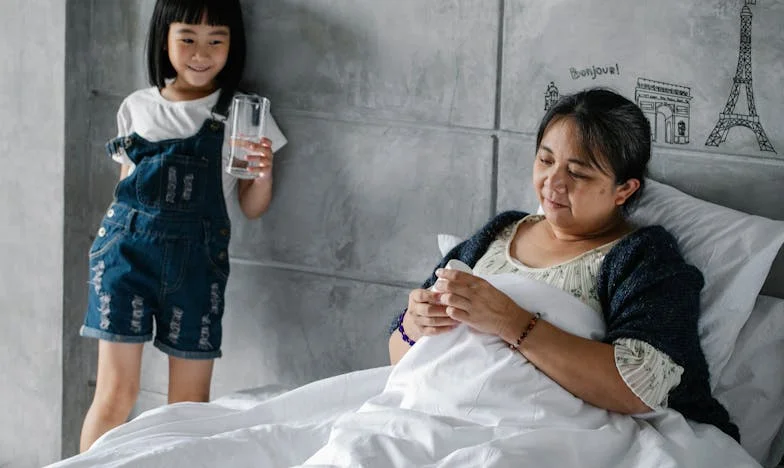“Why Should I Care Now? Meet Andrew, the Golden Boy”: Why Savannah Refuses to Care for Her Sick Mother
Growing up in a small town in Ohio, the difference between my brother Andrew and me was stark from the start. Andrew, with his bright smile and charming ways, seemed to effortlessly win the hearts of everyone, including our parents. I, on the other hand, was Savannah, the quiet and introspective one, often lost in books and my own thoughts.
Our parents, Michael and Cora, were typical Midwestern folks — hardworking, community-oriented, and loving in their own way. However, it was clear that Andrew was the star in their eyes. Whether it was school events, sports, or family gatherings, Andrew was front and center, basking in the glow of our parents’ unabashed pride and affection.
As we grew older, the gap between Andrew and me widened. He went off to college on a full scholarship, surrounded by friends and opportunities, while I attended a local community college, juggling studies and part-time jobs. Our paths diverged, but the emotional distance had been growing long before.
The turning point came when our mother, Cora, fell ill. It was sudden and devastating — a diagnosis of early-onset Alzheimer’s. The disease progressed quickly, and soon she needed constant care. Despite the physical distance, as Andrew lived several states away, the expectation was unspoken but clear: I would be the one to step up.
“Why should I care now?” I found myself thinking bitterly. Memories of my childhood, filled with neglect and the constant feeling of being second best, flooded back. I remembered all the times I had needed her, and she had turned her attention to Andrew, her golden boy.
Yet, guilt gnawed at me. She was my mother, after all. For months, I wrestled with my feelings, trying to reconcile the duty of a daughter with the pain of being the overlooked child. I visited her, took care of her needs, and managed her appointments, all the while feeling the old scars throb.
One evening, as I sat beside her bed, watching her frail form and listening to her labored breathing, I felt a deep, unbridgeable chasm of emotional detachment. The love and duty that should have been natural felt forced and hollow. When the call finally came that she needed even more care, possibly moving in with me, I knew I couldn’t do it.
I reached out to Andrew, hoping that maybe, just for once, he would step into the role he was always destined to play — the favored son, the hero. But as expected, his life was too busy, too full of his own family and career. “I’m really tied up here, Savannah,” he said, his voice a mix of guilt and relief. “You’re better at this stuff anyway.”
So, I made the hard decision. I arranged for professional care for our mother, a nice facility where she could receive the attention she needed. I visited, I fulfilled my obligations, but I never moved her in with me. The emotional burden was too heavy, the childhood wounds too deep.
In the end, our mother passed away quietly one winter morning. The funeral was small, with few tears shed on my part. As I watched Andrew delivering the eulogy, the golden boy even in grief, I realized some distances are too vast to bridge, some wounds too deep to heal.
